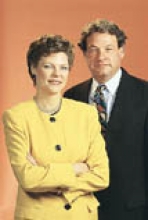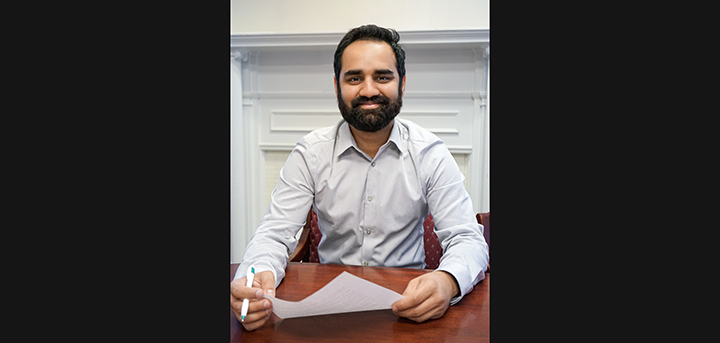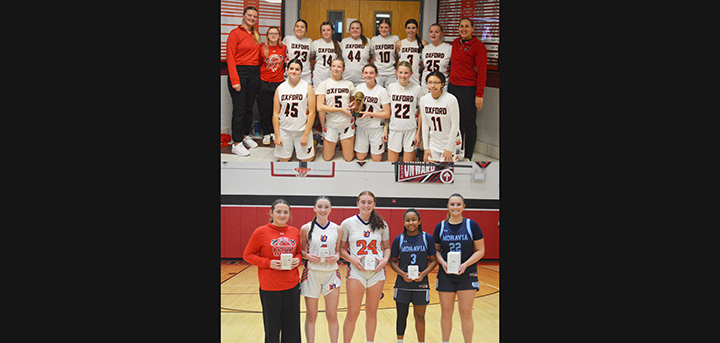Surviving the media primary
More than two months before the first votes are cast in Iowa and New Hampshire, an important primary is actually going on right now. Call it the Media Primary, and it is playing a major role in determining the eventual Republican nominee.
This primary takes place every election cycle. Whenever a candidate starts to emerge from the pack, he or she is subjected to heightened press scrutiny. Some survive, many don’t, and that’s healthy for the democratic process. If you cannot win the Media Primary, you probably would not make a very good president.
Take Gary Hart, the former Colorado senator who was a leading candidate for the Democratic nomination in 1988. Asked about his reputation for extramarital flings, Hart replied: “Follow me around. I don’t care. ... They’ll be very bored.” When The Miami Herald did follow him, the paper uncovered Hart’s relationship with a young woman and torpedoed his campaign. Did voters need to know about Hart’s recklessness and lack of judgment? Clearly, yes.
As Mark McKinnon, a former media adviser to George Bush the Younger, told The Washington Post: “You cannot fake it at this level. It is designed to expose your flaws. The process of running for president is brutal. It strips you naked and runs you through the streets.”










Comments